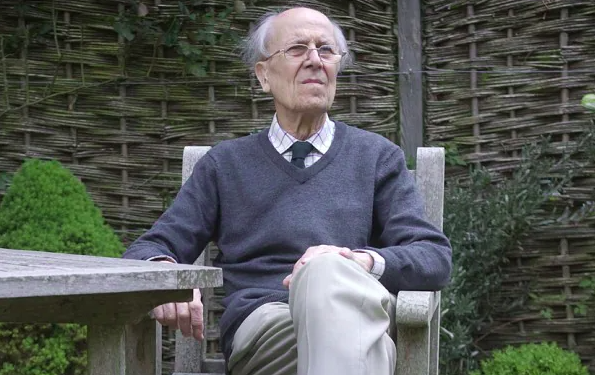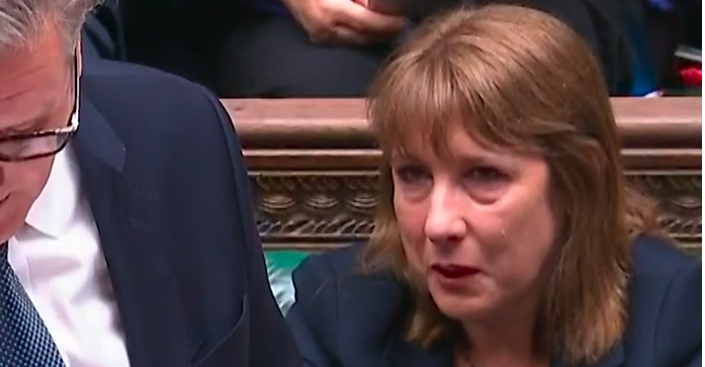Norman Tebbit, former Conservative cabinet minister and loyal supporter of Margaret Thatcher, died at 94.
Tebbit served as MP for Epping and Chingford for 22 years. He later received a life peerage, becoming Lord Tebbit of Chingford. He retired from the House of Lords in 2022.
During his political career, he held several key roles. He was employment secretary, trade and industry secretary, Chancellor of the Duchy of Lancaster, and Conservative Party chair.
His son, William, confirmed his death. In a statement, William said, “At 11:15 pm on 7 July 2025, Lord Tebbit died peacefully at home aged 94. His family asks for privacy. A statement on funeral arrangements will follow.”
Here are some highlights and controversies from his time with Thatcher:
Norman’s Highlights:
Trade Union Reform: As Employment Secretary (1981-1983), Tebbit led union reform. His 1982 Trade Union Act curbed union power. It weakened the “closed shop.” It also made unions liable for unlawful industrial action. Tebbit called this his “greatest achievement.” This reform was key to Thatcher’s agenda. It reduced union influence, previously challenging Conservative governments.
Thatcher’s Ally: Tebbit was a loyal, close ally to Margaret Thatcher. He backed her free-market reforms and tough policies. People saw him as a “self-made man” from the working class. He truly embodied Thatcherism.
Conservative Party Chairman: From 1985 to 1987, Tebbit chaired the Conservative Party. He helped Thatcher win her third general election in 1987.
Resilience after Brighton Bombing: In 1984, the IRA bombed the Grand Hotel in Brighton. Tebbit and his wife suffered severe injuries. His wife, Margaret, became permanently disabled. Despite grave injuries, he returned to politics. He showed great courage. He left government in 1987 to care for his wife.
Norman vs. Controversies:
“On Yer Bike” Comment: In 1981, following inner-city riots and amidst rising unemployment, Tebbit made a widely quoted remark. He stated that in the 1930s, his unemployed father “got on his bike and looked for work, and he kept looking till he found it.” This comment, often paraphrased as “on yer bike,” was widely criticized by opponents as encapsulating the Conservatives’ perceived callous indifference to unemployment and earned him the moniker “Onyerbike.”
“Cricket Test”: In 1990, he caused significant controversy by proposing a “cricket test” to determine whether a person was truly British, suggesting that the side British Asians cheered for in international cricket matches could indicate their true loyalties. This led to accusations of racism.
Abrasive Style: Tebbit was known for his direct, even abrasive, right-wing views and “political bruiser” reputation. He was once memorably described by Labour’s Michael Foot as a “semi-house-trained polecat.”
Relationship with Thatcher: While a strong ally, relations with Thatcher were not always smooth. He was at times considered a potential successor, and there were suspicions that he harbored leadership ambitions, leading to tensions. However, he remained a steadfast supporter during her leadership challenge in 1990.
Euroscepticism: After leaving government, Tebbit became a vocal Eurosceptic, often aligning with Thatcher in opposing the Maastricht Treaty, which he controversially described as “treason,” and proving a “thorn in the side” of John Major’s government over Europe.















Leave a Reply